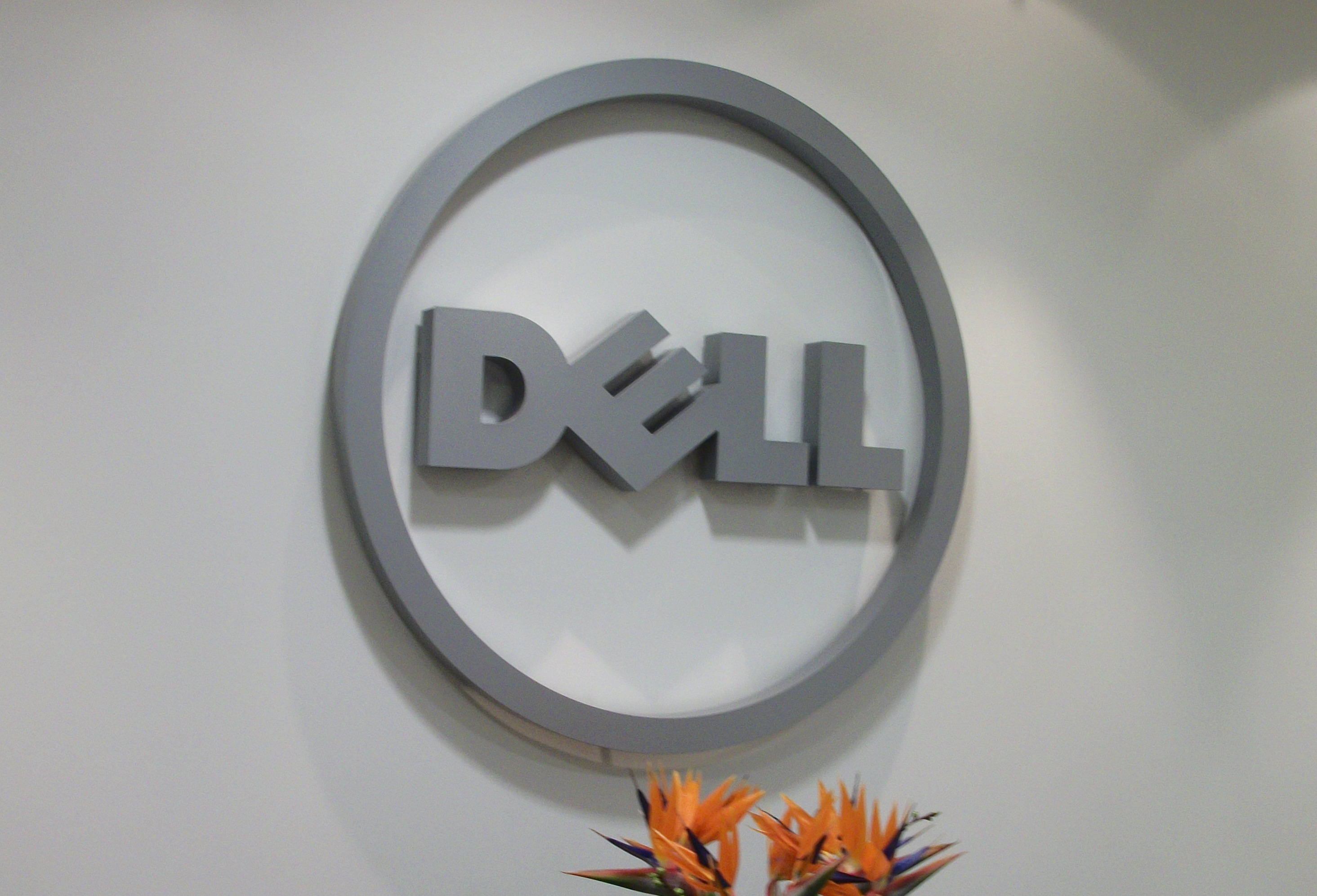

Michael Dell’s plans of taking Dell’s private is not without its problems, as a shareholder rebellion against the move grows.
Dell’s $24.4 billion (£15.6bn) buyout plan is getting criticised by another significant investor that says the price is too low for the company. And at the same time, some analysts are saying that the world’s third-largest PC maker will have to raise the per-share price if it hopes to quell further shareholder discontent.
Adding to the growing list of investors objecting to the deal is investment firm T. Rowe Price, which owns about 4.4 percent of Dell’s outstanding shares, making it the company’s second-largest independent shareholder. The top independent shareholder, Southeastern Management, came out against the deal 8 February, promising a proxy fight if necessary to derail it.
Those firms are joined by a host of other investors who say that the $13.65 (£8.70) per-share price- about a 25 percent premium over the stock price last month – undervalues the company and would be unfair to shareholders.
Like the other investors that have come out against the plan, T. Rowe Price doesn’t appear to be against the idea of letting founder and CEO Michael Dell, investment firm Silver Lake Partners and software giant Microsoft take the company private. They just believe the price is too low.
In a letter sent to Dell’s board of directors and included in a 8 February filing with the Securities and Exchange Commission (SEC), officials with Southeastern Management said they felt “extreme disappointment regarding the proposed go-private transaction, which we believe grossly undervalues the company. We also write to inform you that we will not vote in favour of the proposed transaction as currently structured. … Unfortunately, the proposed Silver Lake transaction … appears to be an effort to acquire Dell at a substantial discount to intrinsic value at the expense of public shareholders.”
Southeastern Management holds about 8.5 percent of Dell’s outstanding shares. Other shareholders – Harris Associates, Yacktman Asset Management and Pzena Investment Management – are supporting Southeastern Management’s decision to vote against the deal, according to reports, and several law firms have said they are investigating the buyout, which Dell announced 5 February.
In a filing with the SEC 11 February, Dell executives said that a special committee created by the company directors considered all of Dell’s options and had hired a “prominent management consultant to help it assess the company’s strategic position. … Based on that work, the board concluded that the proposed all-cash transaction is in the best interests of stockholders.”
The deal includes a 45-day “go shop” period to allow for other offers from outside entities, but the termination fees are so onerous that some analysts doubt any other bids will be forthcoming.
Some analysts have suggested that Dell may increase the per-share price in hopes of staving off more shareholder discontent and getting the deal approved. In a research note, Aaron Rakers, an analyst with Stifel Nicolaus, said a fair price would be in the $16 (£10.21) to $17 (£10.85) range – more than what Dell is offering but less than the $24 (£15.31) or so that Southeastern Management is looking for. According to a MarketWatch report, Rakers reached his numbers based on Dell’s revenues from the company’s acquisitions and its projections in the PC market.
Jefferies and Co. analyst Peter Misek said in his own research note that he could see Dell raising the price to $15 (£9.57) a share.
“Our conversations with investors lead us to believe that most want a raised bid, but that they are also cognizant of the lack of competing bidders and of the secular headwinds facing Dell’s PC business,” Misek wrote in his note. “Overall, we expect enough would be satisfied with a $15 bid to get the deal approved.”
Taking the company private would enable Michael Dell and other executives to accelerate their efforts to make the company more of an enterprise IT solutions provider, reducing its dependence on the PC business at a time when worldwide PC market continues to contract. Analysts estimate that more than half of Dell’s revenues are tied to the PC business; enterprise technology offers higher profit margins.
Analysts say it would be easier for Dell executives to push the transformation without the attention from Wall Street and the pressure of quarterly financial numbers to hit.
What do you know about Tech stocks and shares? Take our quiz!
Originally published on eWeek.
American space agency prepares for testing of Boeing's Starliner, to ensure it has two space…
As UK and Europe develop closer military ties, European Commission says it will invest €1.3…
Zuckerberg seeks to revive Facebook's original spirit, as Meta launches Facebook Friends tab, so users…
Notable development for Meta, after appeal against 2021 WhatsApp privacy fine is backed by advisor…
First sign of shake-up under new CEO Lip-Bu Tan? Three Intel board members confirm they…
Trump's nominee for SEC Chairman, Paul Atkins, has pledged a “rational, coherent, and principled approach”…